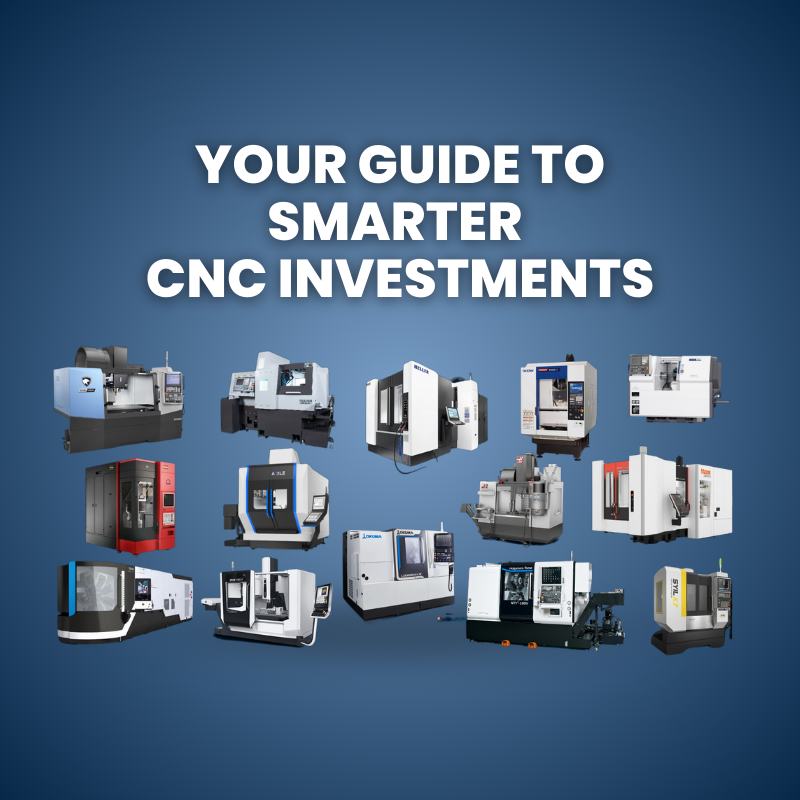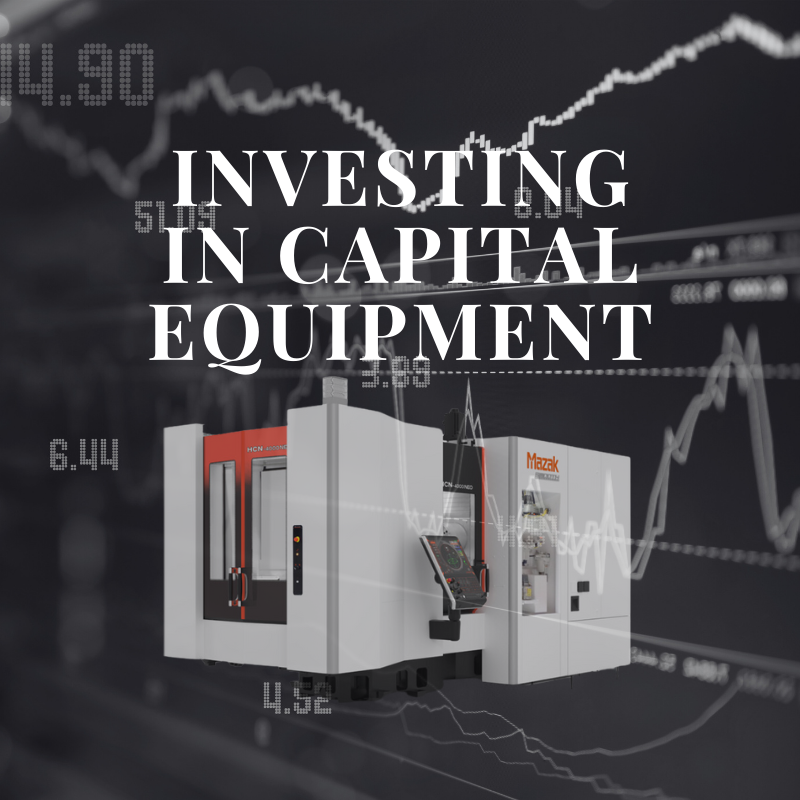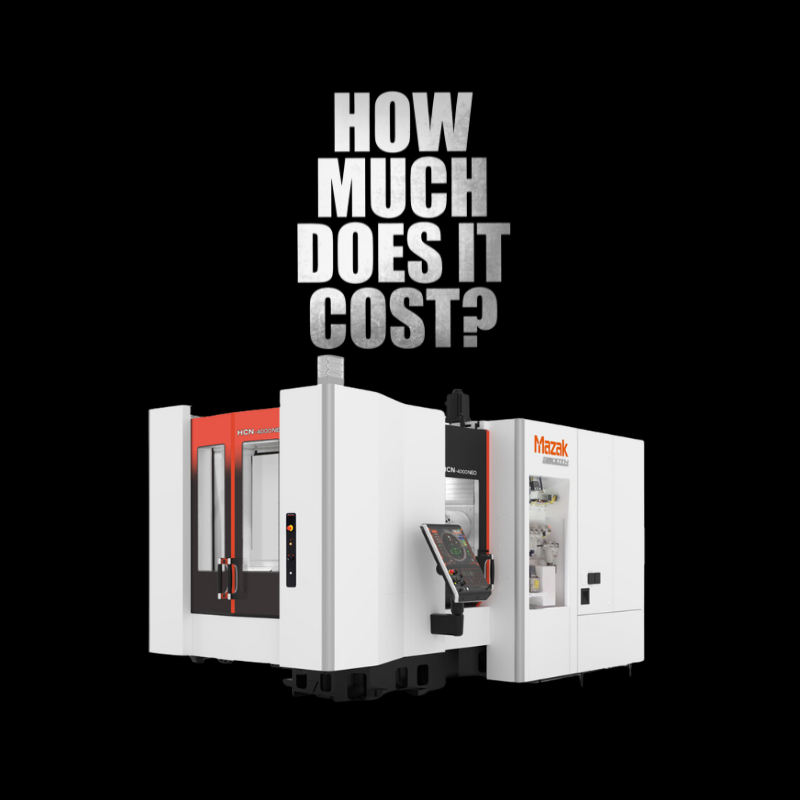Navigating the world of CNC machine purchases can be daunting, especially when considering costs. Rest assured, I'm here to guide you through essential cost-saving tips, making your investment both wise and economical.
When buying a CNC machine, it's crucial to consider not just the initial purchase price but also long-term costs. This includes maintenance, energy efficiency, software upgrades, and the potential for scalability. A well-informed decision balances upfront costs with ongoing operational expenses, ensuring a cost-effective investment for your specific needs.
Discover how to optimize your CNC machine investment with these key financial insights, and prepare to make a choice that aligns with both your current budget and future growth.
1. Understanding Total Cost of Ownership
When purchasing a CNC machine, the sticker price is just the beginning. The Total Cost of Ownership (TCO) encompasses several factors that can significantly impact your finances in the long run. Maintenance is a critical aspect; regular upkeep ensures longevity and consistent performance but can vary widely in cost depending on the machine type and usage. Energy efficiency is another consideration; machines with higher efficiency ratings may cost more upfront but can lead to substantial savings on utility bills.
Additionally, consider software and hardware upgrades. CNC technology evolves rapidly, and the ability to upgrade your machine can prevent obsolescence, extending its useful life and protecting your investment. Finally, scalability is key for growing businesses. Choosing a machine that can adapt to increasing demands without requiring complete replacement saves money and minimizes downtime in the future.
When evaluating CNC machines, weigh these factors carefully. Consult with experts, compare models, and consider future needs to ensure a wise investment.
2. Evaluating Maintenance and Operational Costs
Maintenance and operational costs can significantly influence the total expenditure on a CNC machine over its lifespan. Regular maintenance ensures optimal performance and prevents costly breakdowns. However, these costs can vary based on the machine's complexity and the frequency of use. Operational costs include consumables like coolants and cutters, which need regular replenishment. It's essential to inquire about these costs while considering a purchase. A machine with lower maintenance and operational costs might be more economical in the long run, even if its initial price is higher.
3. Assessing Energy Efficiency and Sustainability
Energy efficiency is a pivotal factor in the ongoing cost of operating a CNC machine. More efficient machines reduce electricity consumption, leading to lower utility bills. Additionally, sustainability considerations, such as the machine's environmental impact, are increasingly important. Machines with a smaller carbon footprint not only help in reducing operational costs but also align with eco-friendly practices, which can be beneficial for your brand's image and compliance with environmental regulations.
4. Planning for Future Upgrades and Scalability
The ability to upgrade a CNC machine is crucial for adapting to future technological advancements and expanding production capabilities. Assess whether the machine can be upgraded with new software or hardware features. A machine that can grow with your business prevents the need for a costly replacement and ensures that your investment remains relevant and productive over time.
5. Making an Informed Decision: Balancing Cost and Quality
While cost considerations are crucial, they should not come at the expense of quality. A lower-priced CNC machine might save money upfront but could lead to higher costs in maintenance, inefficiency, or lack of precision. It's important to balance cost with the machine's capabilities, durability, and the quality of output it produces. Research, compare different models, read reviews, and consult with industry experts to make an informed decision that balances both cost and quality effectively.
Purchasing a CNC machine is a significant investment, and understanding the various cost implications is vital. By considering maintenance, operational costs, energy efficiency, upgrade potential, and overall quality, you can make a decision that not only fits your current budget but also aligns with your long-term business goals. Remember, the cheapest option isn't always the most cost-effective in the long run. Invest wisely, and your CNC machine will be an invaluable asset to your operations.




